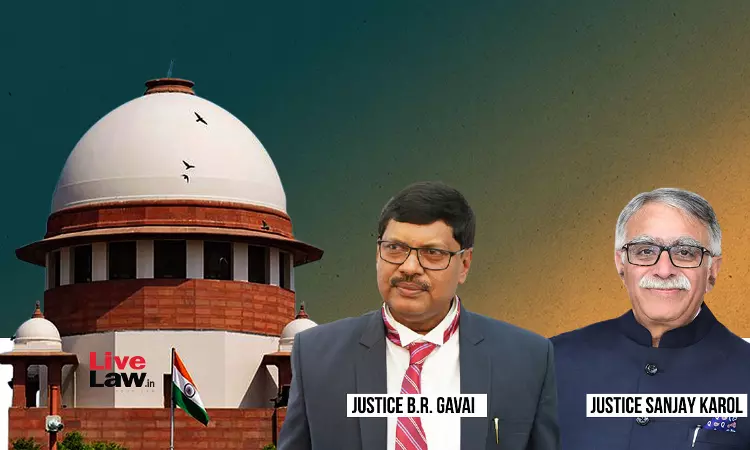The Supreme Court of India on recently reiterated that in cases where two views are possible while relying on circumstantial evidence, the view favouring the accused must be preferred.Relying on judicial precedents, a Bench of Justices BR Gavai and Sanjay Karol observed, “…in cases where heavy reliance is placed on circumstantial evidence, is that where two views are possible, one pointing...

